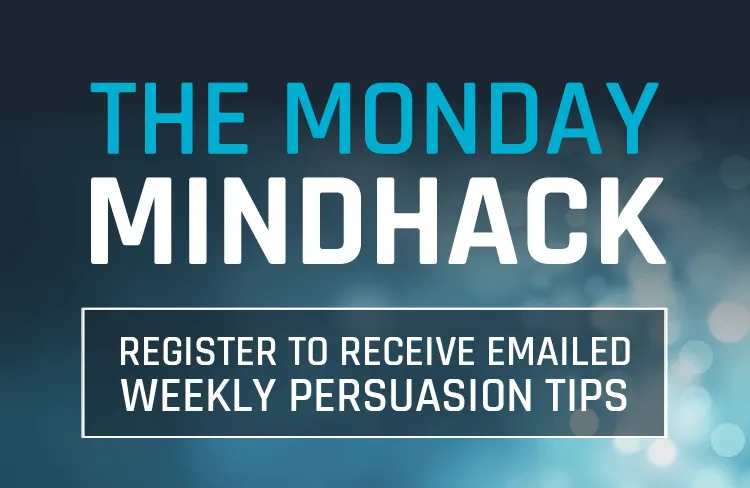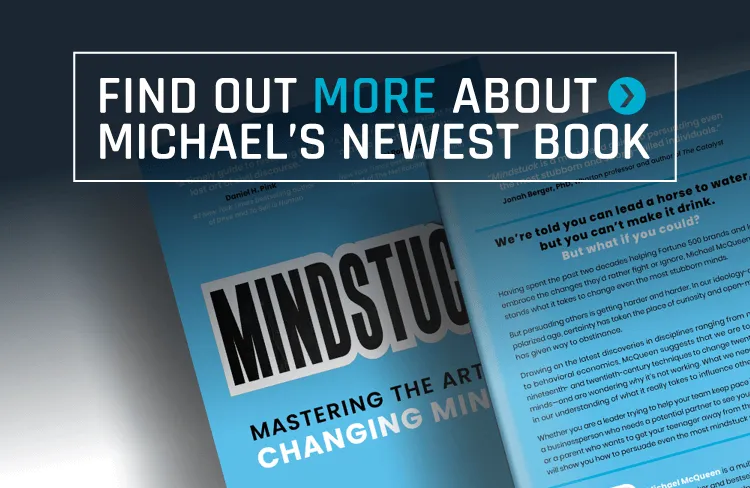Award-Winning Speaker and Bestselling Author, Inspiring Strategies for Thriving in a Changing World
Michael McQueen understands what it takes to thrive in a rapidly evolving world.
Recently ranked #12 among the world’s top futurists, Michael is widely recognized for having his finger on the pulse of change, helping clients ranging from Google to Toyota and Mastercard navigate uncertainty and stay ahead of the curve.
A bestselling author of 10 books, Michael’s latest release was named by Malcolm Gladwell and Adam Grant as one of the top five must-read new leadership books. He is a sought-after media commentator, with his insights regularly featured in Forbes, The Guardian, and CNN.
Having presented to over 500,000 people across five continents since 2004, Michael is a familiar face on the international conference circuit, sharing the stage with Bill Gates, Mel Robbins, and Apple co-founder Steve Wozniak.
Formerly named Australia’s Keynote Speaker of the Year, Michael has also been inducted into the Professional Speakers Hall of Fame.

How AI Is quietly rewriting the rules of retail shopping
For years, shopping online followed a predictable pattern. You searched, compared, skimmed reviews, opened too many tabs, got distracted, then either bought something or gave up. It was clunky, time-consuming and mentally draining, but at least the rules were clear. Ads were ads. Advice lived somewhere else. That separation is disappearing fast. AI shopping assistants…














































